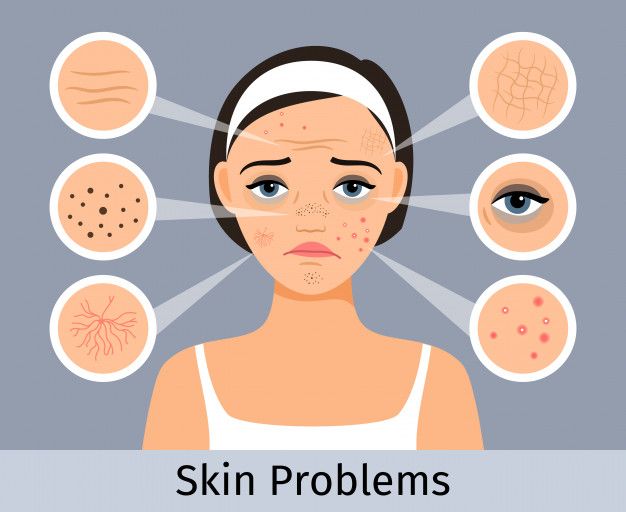
- Home
- About
- Our Team
- Services
- Postoperative Care
- Smile Gallery
- Medical Tourism
- Blog
- Offers
- Contact Us
- Home
- About
- Our Team
- Services
- Postoperative Care
- Smile Gallery
- Medical Tourism
- Blog
- Offers
- Contact Us

Acne is a common skin condition that affects millions of people worldwide. However, not all acne is the same. Understanding the different types of acne is crucial for effective treatment and management. In this comprehensive guide, we’ll delve into the various forms of acne, their causes, and recommended treatments to help you confidently navigate the world of acne.
Comedonal Acne
Comedonal acne is characterized by non-inflammatory blemishes, such as blackheads and whiteheads. These occur when pores become clogged with excess oil and dead skin cells. Gentle exfoliation and topical retinoids are typically recommended for treating comedonal acne.

Inflammatory Acne
Inflammatory acne is characterized by red, swollen, and often painful pimples or pustules. This type of acne is caused by bacteria (Propionibacterium acnes) infecting clogged pores. Topical or oral antibiotics, along with benzoyl peroxide, can be effective in treating inflammatory acne.

Cystic Acne
Cystic acne is a severe form of acne characterized by large, deep, inflamed, and painful cysts or nodules. This type of acne often leads to scarring and requires aggressive treatment. Dermatologists may recommend a combination of oral medications, such as isotretinoin, and intralesional injections to manage cystic acne effectively.

Hormonal Acne
Hormonal acne is triggered by hormonal fluctuations, commonly seen during puberty, menstrual cycles, and hormonal imbalances. It presents as deep, painful cysts, typically around the chin, jawline, and neck. Oral contraceptives, anti-androgen medications, and lifestyle changes can be effective in managing hormonal acne.

Acne Conglobata
Acne conglobate is an uncommon and severe form of acne that often occurs in males. It is characterized by deep, interconnected nodules and abscesses, leading to extensive scarring. This type of acne requires a comprehensive approach involving oral isotretinoin, hormonal therapy, and dermatological procedures.

Understanding the different types of acne is vital for developing an individualized treatment plan. Whether you’re dealing with comedonal, inflammatory, cystic, hormonal, or acne conglobata, seeking professional guidance from a dermatologist is crucial. Remember, every individual’s skin is unique, and what works for one may not work for another. Stay consistent with your skincare routine, be patient, and don’t hesitate to reach out to a dermatologist for expert advice and personalized treatment options. You can successfully manage and overcome acne with the right approach, revealing a healthier, clearer complexion.